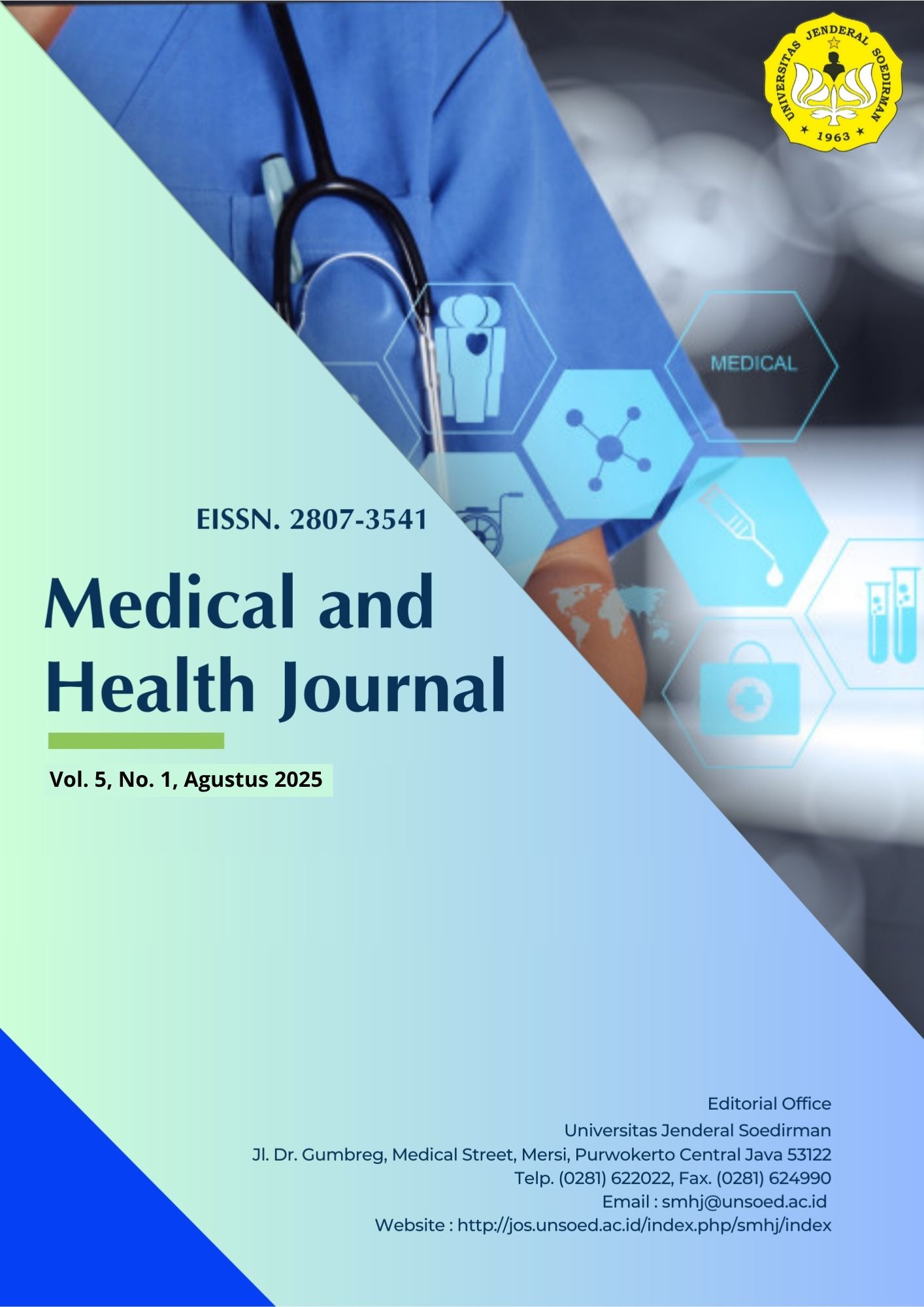Iron Given, Iron Denied: Neonatal Hematologic Alterations in Obese Pregnancies Despite Universal Supplementation
Abstract
Background: Maternal obesity, a pro-inflammatory state now highly prevalent among women of reproductive age in Indonesia, may undermine the effectiveness of antenatal iron supplementation. Neonatal iron deficiency remains a public health concern, with maternal inflammation potentially disrupting fetal iron transfer. Objective: To investigate the association between maternal third-trimester Body Mass Index (BMI) and neonatal hematologic and iron parameters, within the context of standardized antenatal iron supplementation. Methods: This hospital-based cross-sectional study in Central Java, Indonesia, enrolled
84 full-term neonates whose mothers received iron supplementation. Subjects were stratified by maternal BMI into non-obese (<25 kg/m²) and obese (≥25 kg/m²) groups. Cord blood was analyzed for hematologic indices (hemoglobin, Mean Corpuscular Volume [MCV], Mentzer Index) and iron biomarkers (ferritin and hepcidin). Results: Neonates from obese pregnancies exhibited significantly higher MCV (103.4 ± 5.1 fL vs. 100.1 ± 4.9 fL, p=0.004) and Mentzer Index (21.8 ± 4.7 vs. 21.3 ± 2.9, p=0.040) compared to the non-obese group. These findings suggest macrocytic shifts and possible ineffective erythropoiesis. No significant
differences were observed in hemoglobin, ferritin, or hepcidin levels between groups. Conclusion: Maternal obesity during late pregnancy is associated with altered neonatal hematologic profiles, despite standardized iron supplementation. These results underscore a potential inflammation-mediated disruption in placental iron transfer and erythropoiesis, reinforcing the need for tailored antenatal strategies that incorporate maternal metabolic screening and functional hematologic monitoring for atrisk infants.






